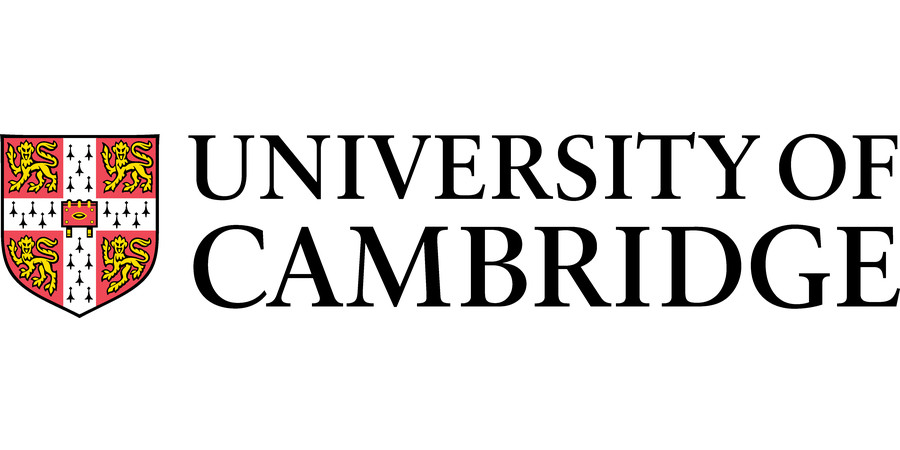Research Assistant/Research Associate in Survey Cosmology and Astrophysics (Fixed Term)
University of Cambridge - Institute of Astronomy
| Location: | Cambridge |
|---|---|
| Salary: | £32,296 to £45,163 per annum |
| Hours: | Full Time |
| Contract Type: | Fixed-Term/Contract |
| Placed On: | 18th November 2024 |
|---|---|
| Closes: | 13th January 2025 |
| Job Ref: | LG43994 |
We seek to appoint a highly-motivated postdoctoral researcher to conduct original research on advanced machine-learning for analysis of photometric and spectroscopic extragalactic survey datasets. The research will prepare the path for the Vera C. Rubin Observatory's Legacy Survey of Space and Time (LSST). The successful applicant will be part of the European Research Council Advanced Grant CosmicExplorer project, led by Professorr Hiranya Peiris at the Institute of Astronomy in Cambridge (www.ast.cam.ac.uk).
The Vera C. Rubin Observatory
The Vera C. Rubin Observatory is a next-generation astronomical facility currently under construction in Chile with first light expected in the next few months. Rubin's LSST will be one of the largest and most comprehensive astronomy surveys of its kind, enabling countless astronomical and physics discoveries. Within the ERC Advanced Grant CosmicExplorer project, the successful candidate will join a highly collaborative international team building advanced machine-learning methodologies to solve analysis challenges posed by the coming Rubin data.
Candidate information
We seek candidates with significant experience of one or more of the following: developing and applying novel statistical and machine learning techniques, writing production-level code for analysis of relevant cosmological datasets, and/or preparing for the coming LSST data by analyzing precursor surveys. In the appointment process, special attention will be given to research skills in one or more of: image-level and/or spectroscopic data analysis (for the latter, especially with DESI); modelling the galaxy-halo connection; and/or expertise in relevant spectral synthesis tools (stellar population synthesis, photoionization simulators).
The role-holder will contribute to research excellence as a member of a highly collaborative international research team, with the role providing substantial scope for exercising academic judgement, originality, interpretation and presentation of results. The role-holder will develop a high degree of interaction with staff and students, disseminate their research findings via publications or other appropriate media, such as international workshops and conferences, and will be encouraged to participate in teaching, learning, and outreach activities.
A successful candidate with a PhD will be appointed at Grade 7 (Research Associate - £36,924 - £45,163 per annum). A candidate who has not been awarded their PhD will initially be appointed at Grade 5 (Research Assistant - £33,882 - £34,866 per annum) and, upon award of PhD, promoted to Grade 7.
Please upload your CV, cover letter, publications list and research statement (3x A4 pages max, 11pt font) in the Upload section. Please carefully read the Further Particulars for the role, and ensure your cover letter briefly describes how you meet the criterion detailed in the Person Specification and why you are applying for this role. The names and contact details of 3 academic referees are essential. Within the application portal you will be asked for the name and contact details of these 3 referees. Those people will be contacted directly through the recruitment system and asked to upload their reference for you. The deadline for them to provide references is the same as the advert closing date below.
Closing date: 09:00am GMT, Monday, 13 January 2025.
Fixed-term: The funds for this post are available for 3 years in the first instance.
If you have any queries about your application, please contact hr@ast.cam.ac.uk. Informal enquiries may be addressed to Professor Hiranya Peiris: hiranya.peiris@ast.cam.ac.uk
Advert information
Type / Role:
Subject Area(s):
Location(s):









